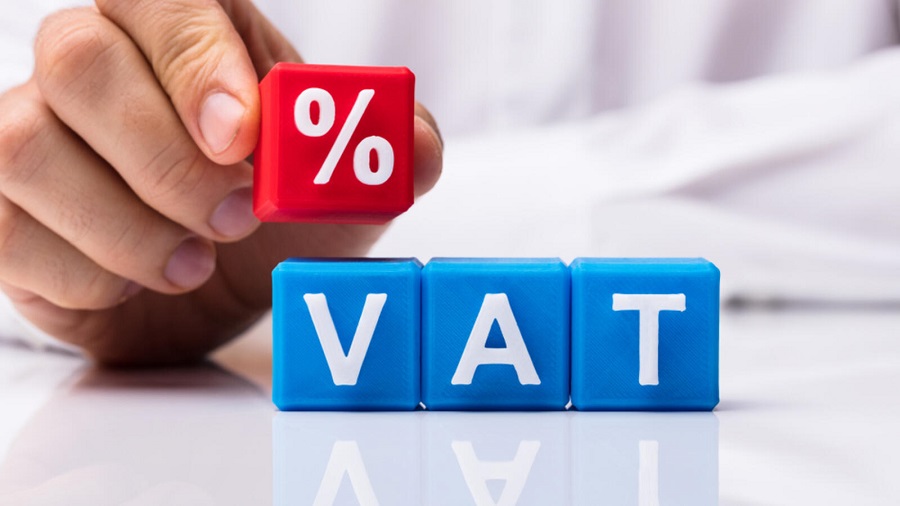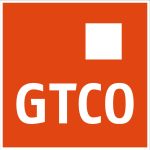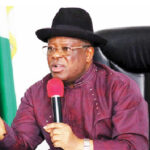
The Head of Cooperation of the Delegation of the EU and ECOWAS to Nigeria, Massimo De Luca, said this on Monday at the 4th session of the Steering Committee of the Support Programme for Fiscal Transition in West Africa held in Abuja.
De Luca blamed the low compliance with VAT in Nigeria on corruption and poor implementation.
He noted that while some companies may be willing to pay their taxes, the current taxation system in the country does not allow them to do so.
Earlier, the Chairman of the Federal Inland Revenue Service, Zacch Adedeji, said that the agency would make the taxation system in the country customer-centric so that, individuals and businesses could pay taxes easily.
He also noted that the FIRS would introduce a one-stop shop for all taxes in the country.
VAT is a consumption tax paid when goods are purchased and services rendered. It is a multi-stage tax. VAT is borne by the final consumer. All goods and services are taxable except those specifically exempted by the VAT Act.
De Luca said, “You think VAT works in this country? No, it doesn’t. Fraud makes the business environment unstable for long-term investment. The VAT system is not working because here we have a VAT system that does not allow companies to do what the VAT system is supposed to do- You charge VAT on goods and recover VAT from what you buy,”
He added that many companies in Nigeria may not recover their taxes through consumers, especially the Small and Medium Enterprises.
He noted that the cooperation needed between tax authorities and businesses in Nigeria is lacking hence, the poor VAT experienced in the country.
“The reality of many companies in Nigeria is that there is no certainty that the companies are going to recover the VAT from whatever you buy. Especially for SMEs, it is extremely difficult to have proper VAT compliance.
“The tax system requires a lot of Cooperation between the authorities and the companies but unfortunately, that is not the case here.
“VAT in Nigeria is very low. It is five per cent for everything which does not allow for proper generation of revenue,” he added.
A tax expert, Andrew Onyenakwe, said everyone in Nigeria got tax payments wrong.
While he encouraged individuals and companies to comply with paying taxes, he also blamed corruption in the system for the low compliance by taxpayers.
He added that Nigeria has enough laws to drive taxation but is experiencing poor compliance.
“Talking about tax evasion, we all got it wrong. If we take a sample of ten companies and ask how many of them pay taxes, maybe a few. To start with, how many entities are registered to do business in Nigeria, and how many are paying the correct taxes? So there are so many things involved. Talking about the tax administration agencies, how many of them are doing their jobs?
” The problem is not with the laws but with compliance. What we have around is quasi-compliance. What we are looking for is voluntary compliance.
“Some taxpayers are bothered about transparency and accountability and that discourages them from paying taxes”, Andrew said.













